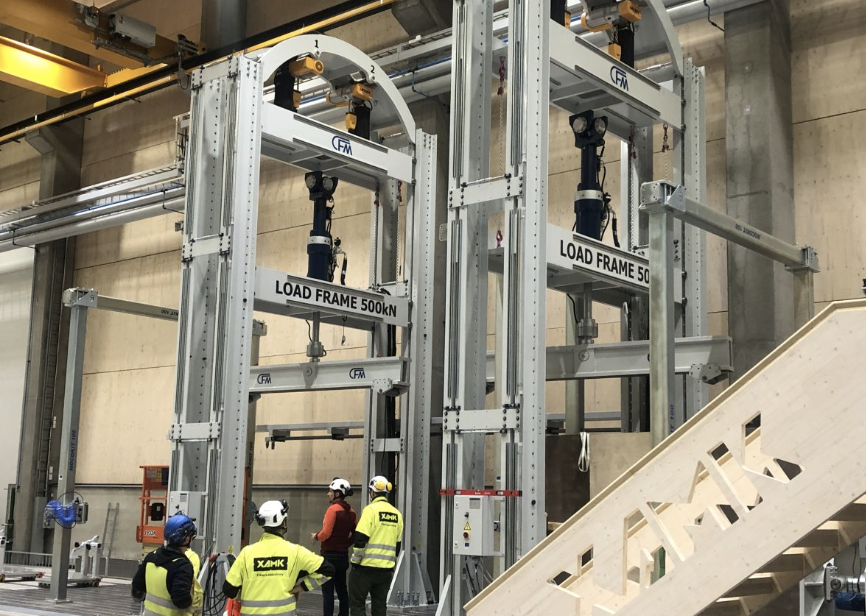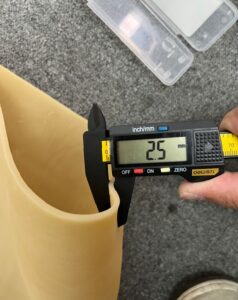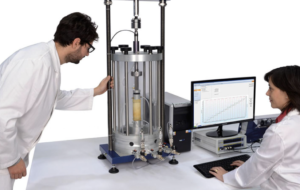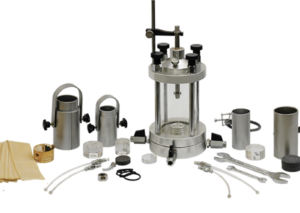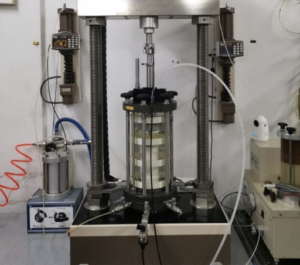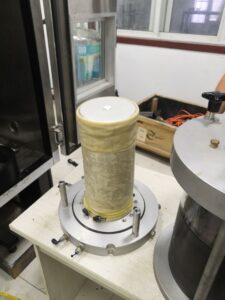A Key Factor in the Performance of the Load Frame
Load frames are vital pieces of equipment used in materials testing laboratories. They apply precise loads and measure material properties such as strength, elasticity, and deformation. But what truly makes a load frame perform reliably? Let’s delve into the essential factors that directly influence its performance and accuracy.
What Determines a Load Frame’s Precision?
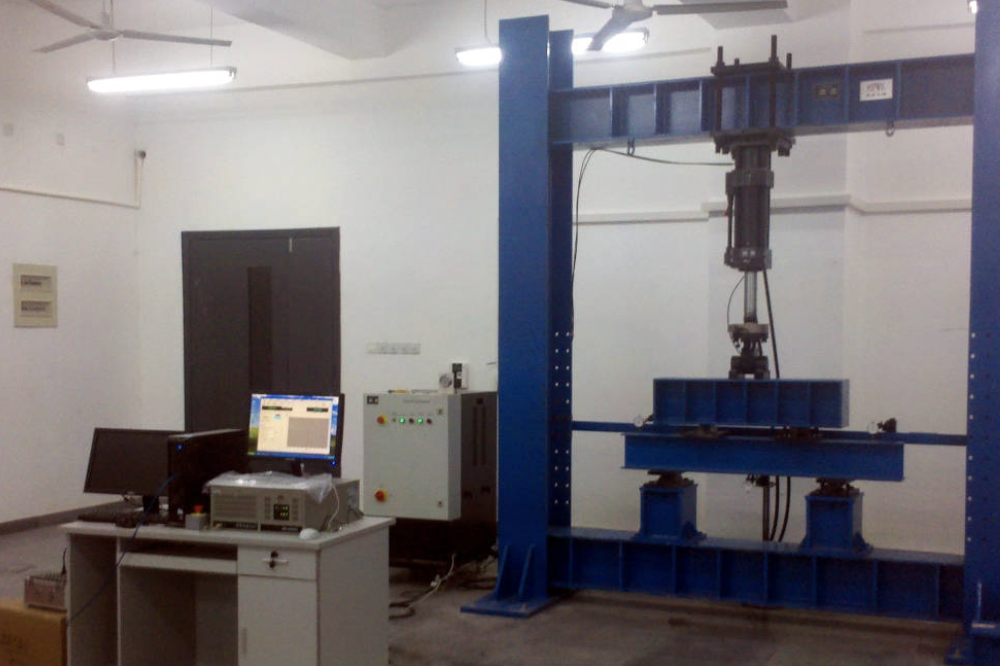
The precision of a load frame depends on several interconnected components, including the rigidity of its frame structure, the quality of its actuators, and the sensitivity of its sensors.
Key factors influencing precision:
- Structural rigidity1: Ensures minimal deflection during testing.
- Actuator accuracy2: Precise application of forces and displacements.
- Alignment: Proper alignment reduces measurement errors.
| Factor | Effect on Precision |
|---|---|
| Frame stiffness | Minimizes unwanted deflections |
| Load actuator accuracy | Enables precise load control |
| Alignment accuracy3 | Reduces errors and inconsistencies |
Precision engineering and regular calibration ensure that test results are accurate and reproducible.
How Feedback Control Affects Test Accuracy
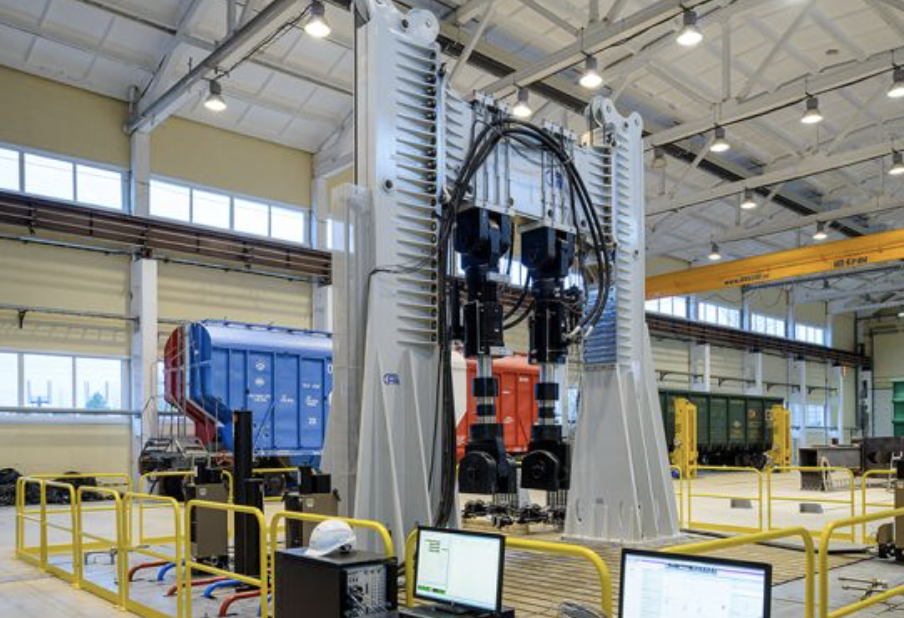
Feedback control is the core mechanism that adjusts the load and displacement in real-time, keeping testing conditions stable and accurate.
Benefits of effective feedback control:
- Real-time adjustments: Compensates instantly for deviations.
- Improved repeatability: Ensures consistent and comparable test outcomes.
- Reduced errors: Minimizes variations caused by environmental changes or specimen behavior.
| Control Method | Impact on Accuracy |
|---|---|
| Closed-loop control | Highly accurate and responsive |
| Open-loop control | Less responsive, higher variability |
Feedback control systems significantly enhance test accuracy, ensuring consistent and dependable data.
Why Sensor Quality Makes or Breaks Performance
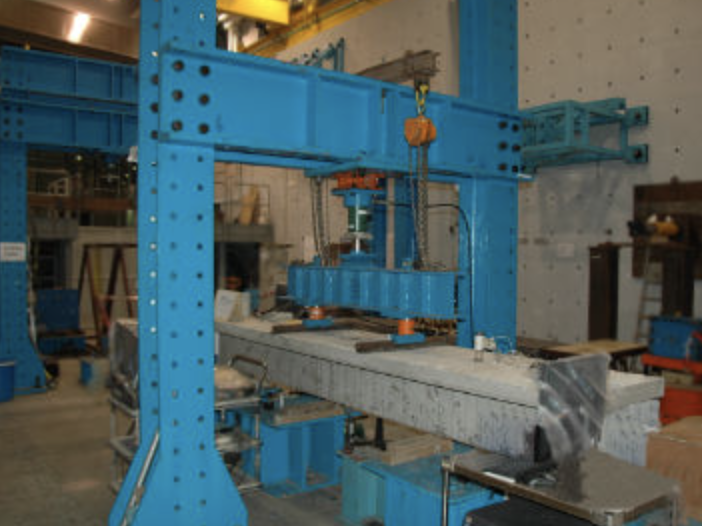
Sensors like load cells, displacement transducers, and strain gauges are the eyes and ears of a load frame. Poor sensor quality can severely compromise the accuracy and reliability of test results.
Essential sensor qualities:
- High resolution4: Detects even small changes in force or displacement.
- Stability and durability5: Provides consistent readings over time.
- Low noise and drift6: Ensures reliable and accurate measurements.
| Sensor Attribute | Importance in Testing |
|---|---|
| Sensitivity | Detects subtle variations accurately |
| Stability | Maintains consistent accuracy |
| Robustness | Withstands heavy usage and harsh conditions |
High-quality sensors deliver precise and reliable measurements, making them indispensable to overall performance.
The Role of Software in Load Frame Efficiency
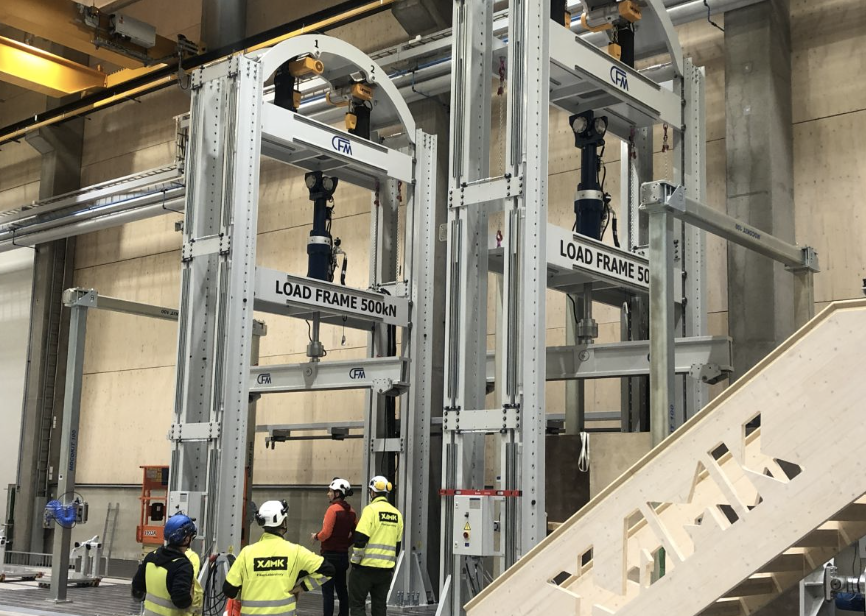
The software that drives a load frame directly influences testing efficiency, data management, and overall ease of use.
Software’s impact on performance:
- Efficient test control: Simplifies complex testing procedures.
- Automated data collection7: Ensures accuracy and reduces human error.
- Intuitive interfaces8: Improves workflow and user productivity.
| Software Feature | Benefit |
|---|---|
| Real-time monitoring | Instant feedback for better control |
| Data automation | Minimizes manual errors |
| Advanced analytics9 | Facilitates detailed data analysis |
Effective software makes the entire testing process more efficient, reliable, and productive.
Conclusion
The performance of a load frame is determined by a combination of structural precision, responsive feedback control, sensor accuracy, and user-friendly software. Understanding and optimizing these factors will greatly enhance the accuracy, repeatability, and reliability of your testing outcomes.
-
Understanding structural rigidity is crucial for ensuring minimal deflection and enhancing precision in load frames. ↩
-
Exploring actuator accuracy can reveal its significant impact on precise load control and overall testing reliability. ↩
-
Alignment accuracy is vital for reducing measurement errors, making it essential for achieving reliable test results. ↩
-
Understanding high resolution in sensors can enhance your knowledge of precision measurement techniques. ↩
-
Exploring this topic will help you grasp how sensor reliability impacts testing outcomes. ↩
-
Learning about noise and drift can improve your understanding of sensor performance in critical applications. ↩
-
Explore how automated data collection enhances accuracy and efficiency in testing processes, reducing human error significantly. ↩
-
Discover the importance of intuitive interfaces in software design and how they can streamline workflows and boost productivity. ↩
-
Learn about the advantages of advanced analytics in providing deeper insights and improving decision-making in testing environments. ↩

